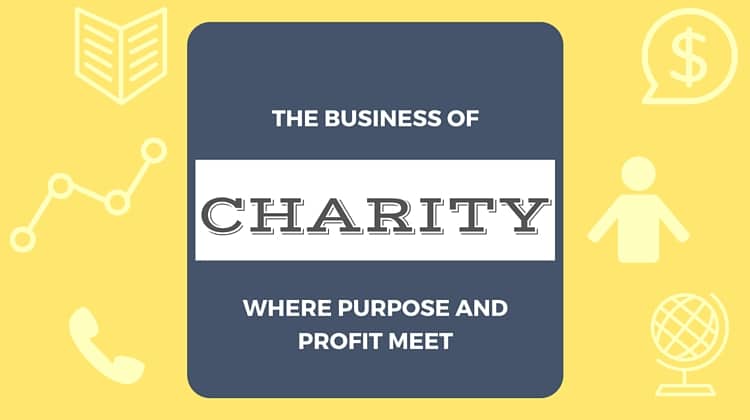
Generally, when clients approach me about starting a nonprofit organization, I try to talk them out of it. I do this for several reasons. The most important reason being that I do not think that people really understand what it means to operate a nonprofit. In my purely non-scientific assessment of non-profit founders, I find that many them have a good heart but are looking at their organization as a way to provide themselves with income.
It’s WE not ME!
Typically when I meet the founders of nonprofit organizations, they say “my business in a non-profit” or “I am the CEO of a nonprofit.” Immediately, alarms go off in my head because those statements alone are cause for concern. The non-profit status of an organization means that the entity is not for the profit of any particular set of persons. The purpose is for the betterment of the community. It is social rather than singular. If your introduction starts with “me” or “I”, then I am afraid you are in the wrong business.
The IRS has allowed a tax exemption of certain types of entities because they benefit the public as a whole. Yes, there are several non-profit organizations that are richer than some for-profit companies, but the “purpose” is to benefit a particular community.
I Want to Help People!
Once I get passed the “I” and “Me” conversation, we move on to what the “purpose” of the organization is. I generally understand the desire to help a certain community of people. Generally speaking, the choice of starting a nonprofit is based on the ability to get grants and sponsors for events. Many companies will say they will only give if you are a tax-exempt organization. Seeking quick funds, founders tend to move quickly to create a non-profit without thinking the process through.
The truth is that a nonprofit is in some ways more difficult to run than a for profit entity. There should be at least three board members. These board members are responsible for the integrity of the organization. They have a duty of care, loyalty, and obedience (to laws and regulations). Board members are not just “yes” men and women. They are overseers and should be the voice of reason in an organization. If you do not have this or want this, then you are not and should not be a nonprofit organization.
So What am I?
You are probably both. The question you really want answered is, “What type of entity should I choose?” I will not answer that here (I know you are disappointed), but I am going to introduce a concept to you that will either make things clearer or confuse you more. Are you ready? Social Enterprise!
As with anything these days, the idea and concept is ripe with definitions and theories that most of us will never really understand. The bottom line is that social enterprise is where charity and business meet. It is not strictly charity and it is not strictly for profit. It is a business that is intended to meet the needs of the community, but still allows for individuals to profit.
The formation can take on many forms. States have been slow to implement entities designed specifically for this type of business. Some states have created L3Cs and cooperatives that allow distinction for this type of hybrid. The IRS has yet to make this distinction, and tax-exemption still will only be allowed when there is a majority charitable purpose.
If you want to make money and serve the community, then stop thinking nonprofit and start thinking social enterprise. You will be better serviced by correctly defining your business and your purpose.



Being a nonprofit does not automatically reap funding! It is a daily challenge to obtain and retain financial and people support.
You must have compassion and the desire to serve unconditionally. Your board must believe and be committed to the mission and vision of the organization as well as value of investing themselves.
It’s a struggle but rewarding serving those in need.
That is so true. I think a lot of people start nonprofits with the belief that dollars and donors will come with it. That is rarely the case.